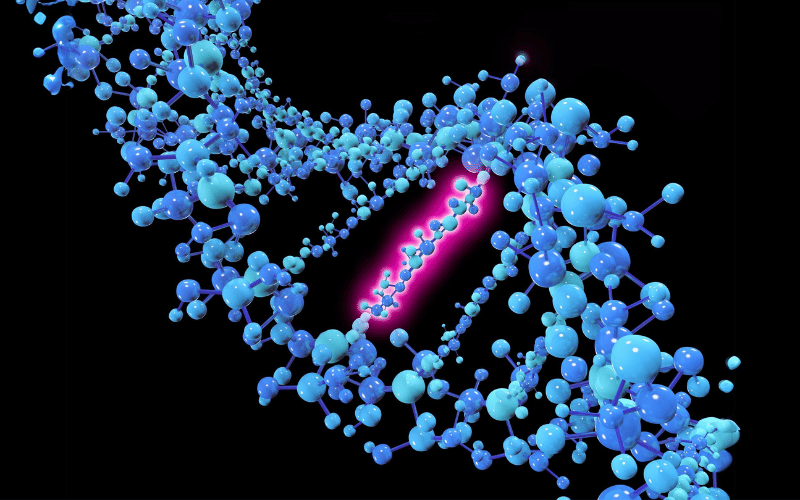8. Alveolar Osteitis and the Role of Genetics

While environmental factors play a significant role in the development of alveolar osteitis, genetics may also have a part to play. Research suggests that certain genetic predispositions can affect an individual’s healing process, impacting their risk of developing alveolar osteitis.
Genetic factors may influence the body’s inflammatory response, pain perception, and even blood coagulation—all of which are critical elements in the healing process following a tooth extraction. Individuals with certain genetic markers may have a heightened inflammatory response, leading to increased pain and potentially affecting clot stability.
The field of pharmacogenomics—the study of how genes affect a person’s response to drugs—also offers insights into the management of alveolar osteitis. Personalized medicine approaches could one day allow for tailored pain management strategies based on an individual’s genetic makeup, optimizing treatment efficacy and minimizing discomfort.
Ongoing research into the genetic aspects of oral health conditions like alveolar osteitis holds promise for more personalized and effective preventative strategies. It underscores the importance of a holistic approach to dental care that considers the unique genetic background of each patient.
Understanding the genetic underpinnings of alveolar osteitis is still a developing science. As the knowledge base grows, it has the potential to revolutionize the way dental professionals approach prevention, risk assessment, and management of this condition. (8)